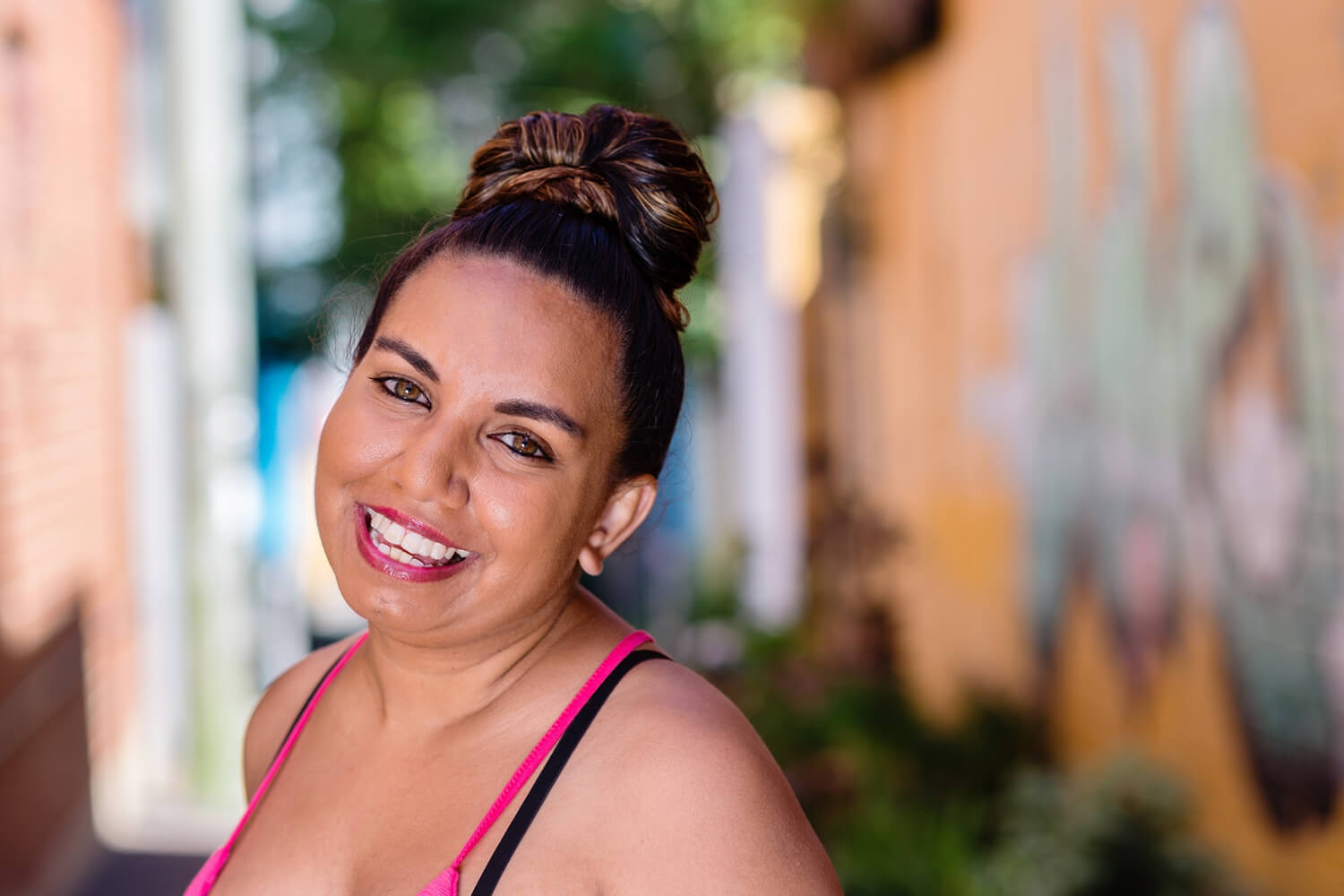Recovery from an eating disorder
Recovery from an eating disorder is a deeply personal journey and looks and feels different for everyone.
For some people recovery is an ongoing process, while for others they may consider themselves in “recovery” while living a full and satisfying life. There are also many others who fully recover. Only you know what full recovery will look and feel like for you, but no matter where you are in the process we’re here to support you.
MYTHS ABOUT EATING DISORDERSEATING DISORDERS EXPLAINED
Taking the first step
Acknowledging that something is wrong and that you need help might be the toughest step you take, but it’s the first step to recovery.
While it can feel scary to acknowledge the problem, it’s important to know that reaching out to someone you trust is a powerful ingredient in recovery. If you don’t know who to turn to, you can call the Butterfly National Helpline and speak to one of our qualified, caring counsellors.
Remember, you don’t need to face your eating disorder alone.
Early treatment helps
The earlier you seek help, the closer you are to recovery.
Evidence also shows that people who start treatment for an eating disorder sooner are more likely to experience:
- A shorter recovery process
- A better chance of obtaining a positive outcome
It’s ok to have mixed feelings about recovery
Your emotions are important and valuable. When you start thinking about recovery it’s very normal to feel a range of emotions, all in one day, including:
- Guilt
- Shame
- Anger
- Fear
- Exhaustion
- Grief
One of the most common emotions is ambivalence to your recovery. This is where you may have mixed feelings, uncertainty or contradictory ideas about your eating disorder and your recovery.
The reason ambivalence around your eating disorder recovery is so common is because your eating disorder serves as an unhelpful tool to cope with difficult emotions or challenges. This is why a part of you might really want to cling to your illness, while at the same time another part of you wants to free yourself from the hold your eating disorder has over you.
All these feelings are very normal and in fact part of the recovery cycle.
Remember to be open and reach out for help. A safe and trusted person, such as a counsellor, can help you to feel your feelings, even the painful ones, helping you to gradually find self-acceptance, validation and hope about your recovery.
rEsource for overcoming ambivalence
Relapse and recovery
Recovery can be a rollercoaster of a journey. With highs and lows. While a relapse might feel like a failure, it’s actually a powerful took in learning more about yourself, what your triggers are and what you might need to change in your journey to healing.
This is one of the reasons getting professional support is so important. Sometimes someone else can help us to unravel and better understand those triggers. They can also help us by giving us more tools to navigate the challenging times, such as making plans and other self-care ideas.
So even on days when you feel like you’ve taken a step backwards, know you’re actually still moving forward, but this time with more information about yourself and what you need.
Be kind and patient with yourself
Setbacks happen and recovery may take longer than you think. It’s normal to feel frustrated by negative thoughts and impatient with the process. Support can help you better understand why you might feel that way and it can also help you to come up with helpful ways to be patient and kind with yourself throughout the process.
Let’s talk
Whether you need support for yourself or someone you care about, call our free and confidential Helpline on 1800 ED HOPE (1800 33 4673), chat online or email.






















